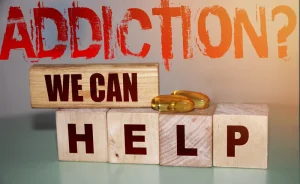
Consider reaching out to a vocational rehabilitation counselor or career coach to help you update your resume, practice job interview skills, and locate jobs that match your skills and experience. Financial troubles and problems finding and keeping employment are major triggers for relapse, but it is possible to take baby steps and get your finances in order. Just keep in mind that your improvements won’t happen overnight.
How to Avoid Relapse During the Holidays?
It’s estimated that last year, Americans spent over $37 billion on alcohol. So, it’s very likely any holiday party you go to will serve alcohol. From physical effects to building a support network, find your path to recovery.
Mental Health
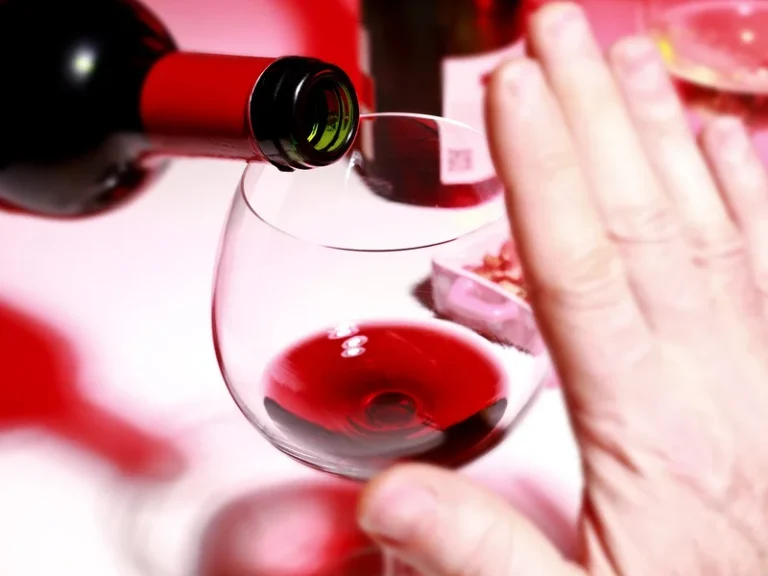
It felt like a slap in the face when people were drinking around me, and I was trying to stay sober. Staying sober around drinkers can be tough, but with the right mindset and strategies, it’s possible. Focus on enjoying non-drinking activities and order non-alcoholic beverages. Be honest, set boundaries, identify triggers, and seek support from allies. By being open about your struggles and victories, others can join you on this path towards wellness.
- Many social gatherings and events revolve around drinking, making it difficult to avoid or ignore.
- Here’s how to keep it together and have a good time without sidling up to the punch bowl.
- Remember to care for yourself, seek supportive relationships, and consider seeking help from a therapist.
- Consider reaching out to a vocational rehabilitation counselor or career coach to help you update your resume, practice job interview skills, and locate jobs that match your skills and experience.
Dealing with Social Pressure
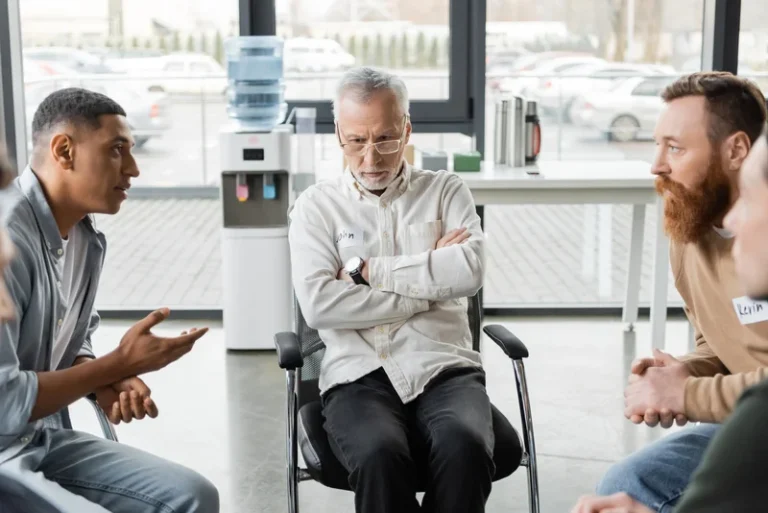
Nothing is more annoying to ex-drinkers than to have people looking at them like they are being sober around drinkers a side show. Don’t worry about offending and certainly don’t tip-toe around them. While it is safe to have fun and enjoy a few glasses of alcohol, be respectful of the sober people around you.
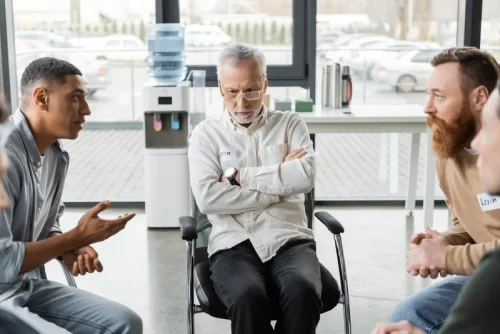
Advice for the Sober Person
Triggers can be different for everyone but might include places where you used to drink, people you used to drink with, stressful situations, or difficult emotions like frustration or anger. When you feel triggered by friends who drink, it’s important to have a plan so you don’t relapse. Being around others who drink can be difficult and trigger urges you don’t want to feel. Eventually you do have to stop avoiding and start living, and this includes going to parties and being around people who drink. In fact it can be just as fun being the sober person in the room.
Before RSVPing to any event with alcohol, decide if you think you can handle being present around the substance, especially if you’re newly sober. There’s no right or wrong answer; going to a party where there will likely be booze just depends on how confident you are in dealing with your urge to drink, says Dr. Fernández. If a close friend is comfortable talking about their history with substances, that’s one thing. But we beg of you, don’t ask a casual acquaintance personal questions after they share that they’re in recovery.
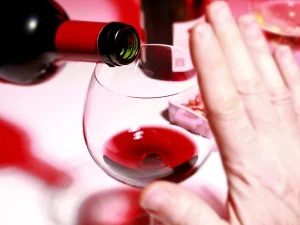
- Instead, you spend more time in deep sleep during the first half of the night, followed by frequent awakenings and lighter sleep in the second half.
- It’s important to remember that as you grow and change, your social circle may evolve as well 2.
Discover four Klonopin side effects to watch out for, from common issues to severe risks, for better health. Discover how embracing gratitude Sober living home in recovery can transform your journey and foster resilience and well-being. Discover 5 suggestions to help faced with drugs in recovery and build a stronger path to healing.
The connections you make from these activities will likely be with people passionate about living a healthy lifestyle. Whether you’re sober or not, an essential quality of a good friend is one who encourages and supports you to be healthy. Seek support and connect with like-minded individuals who share your interest in alcohol-free socializing. Look for local groups or online communities that promote sober social activities or host alcohol-free events. Surrounding yourself with a supportive community can provide encouragement, inspiration, and a =https://ecosoberhouse.com/ sense of belonging. Before attending a social event, remember why you chose not to drink alcohol.


Leave a Reply